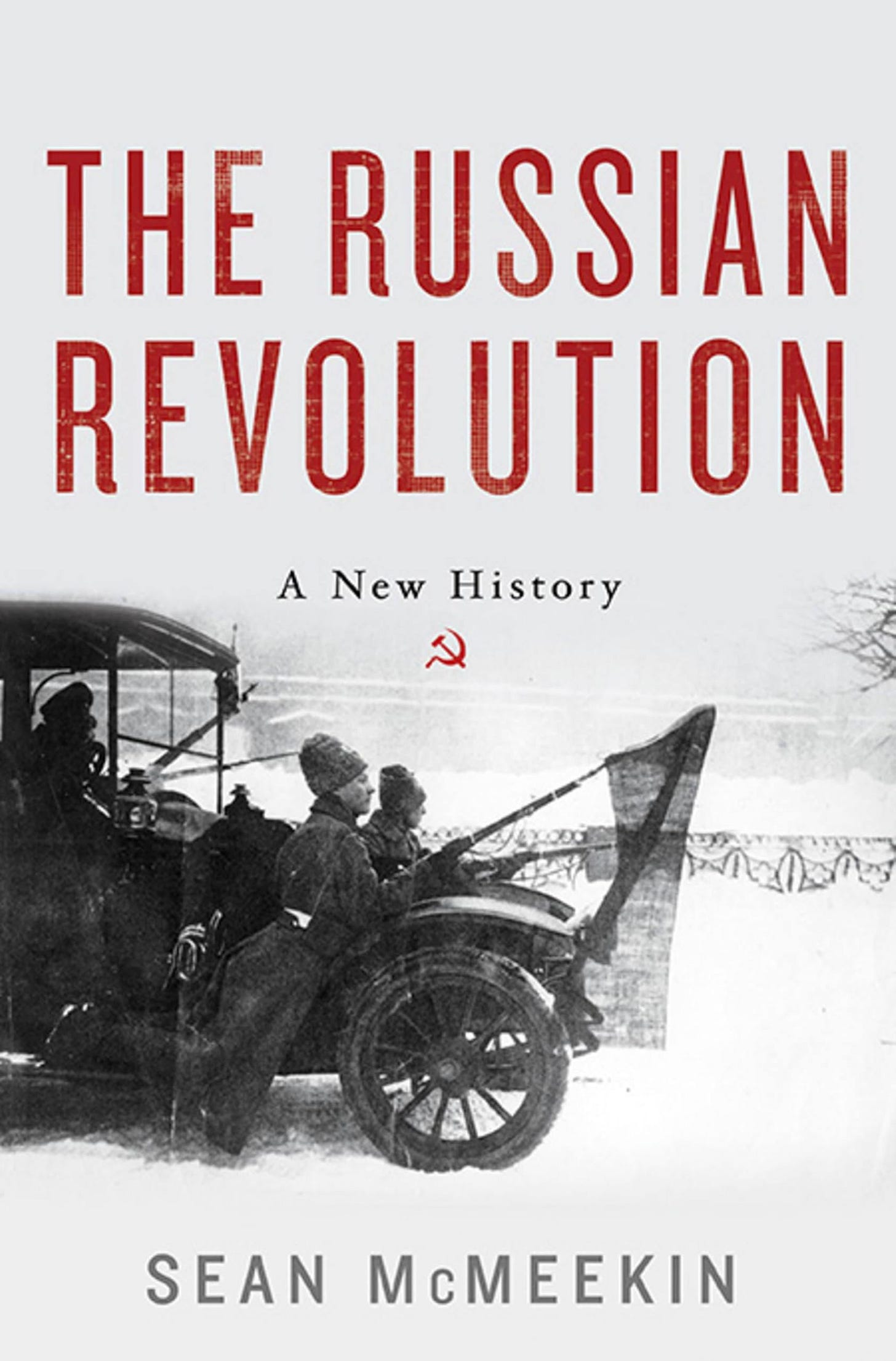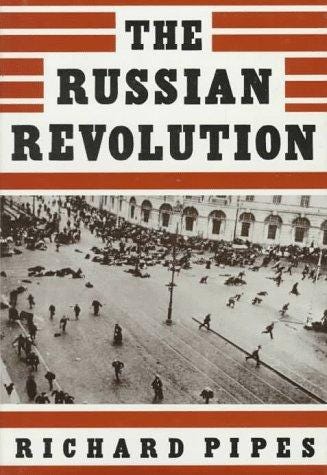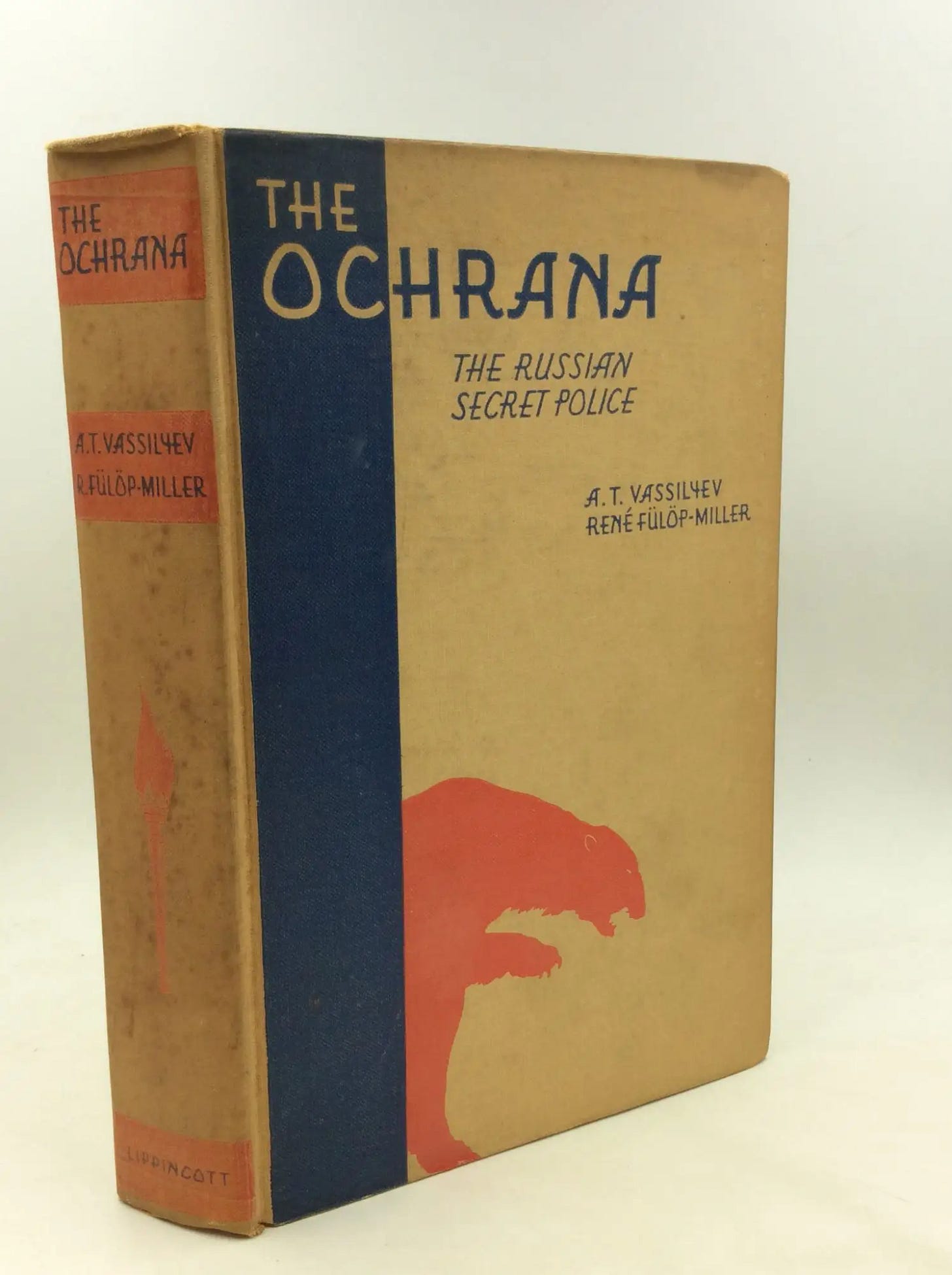Book recommendation: The Russian Revolution by Richard Pipes
Don't talk about book club
I’m always doing more reading on the Russian Revolution. I really do find this helpful, even if a lot of what I read ends up overlapping to a considerable degree.
I wanted to recommend one excellent overview of the Russian Revolution to you. If you were just looking for a basic narrative to start out with, I would still say that Sean McMeekin’s The Russian Revolution: A New History offers the best overall introduction. The book is engagingly written, accessible even if you have no background knowledge, and incorporates some of the most recent discoveries on the subject. McMeekin’s book provides a solid foundation to work off of when you explore other books on related topics (the best of which I still think is Pyotr Wrangel’s memoir Always with Honor, which was recently re-released with new maps and new appendix material by its new publisher).
However, if you already have a bit of knowledge about the period, I strongly recommend Richard Pipes’s book The Russian Revolution (one inconvenient part about studying this period is many surveys of this kind are share the same title) This is a much more expansive overview of the revolutions of 1917. Most helpful, at least for my purposes, was the very detailed and insightful examination that Pipes provides of the Russian peasantry and intelligentsia, carefully tracking various strains of thought and movements over time.
People back then really did have different mindsets. When reading history it’s often difficult to separate your perspective from the perspectives of the people you’re observing. This can lead to a lot of bad assumptions and resulting bad conclusions. While reading Pipes’s work, I realized that I had fundamentally misunderstood the very important land question in Russian society in the period before the Revolution, especially as it related to peasant communes and the goals of the peasantry (about 80% of society) during this period.
What I wrote about the land reform issue in my fairly comprehensive Introduction to the Russian Revolution (which covers the revolutions of 1917 and the year that followed) was not very useful and sometimes just plain wrong. I’m going to have to rewrite these passages along with my three planned new sections (one on the 1905 Revolution, one on the February Revolution, and one on the Northwestern front of the Russian Civil War under General Yudenich). I might just be a retard, but this kind of error matches up with my experience digging into history more generally. People will see a tweet with a bit of trivia and think they have a good understanding of a topic meanwhile you’ll read dozens of books and articles and only come away with the conclusion that you don’t know shit.
Even if you’re not that interested in peasant land issues, I cannot recommend Pipes’s book enough. This really is the best introduction to the social and cultural dynamics of the Russian Empire in its final days that I’ve come across. Understanding how these different groups thought and what they found important is critical to understanding the Revolution and the Civil War that followed. Pipes is extremely funny and blunt. His book draws extensively from very revealing primary sources (it’s almost comical how well-informed the Russian police were and how indifferent their superiors were to their warnings). Pipes’s The Russian Revolution is a breezy read despite its length and I’m certain that you’ll learn something new. Although I probably wouldn’t have understood it as well without all the other bits of information that I have managed to accumulate over the course of my studies, I wish I had come across the book a lot sooner.
One warning: According to a friend of mine in academia, the book (written in 1991) doesn’t reflect the latest scholarly consensus (backed by new evidence) on the influence of Rasputin in Russian politics. The book only covers Rasputin briefly so it’s not a huge concern and doesn’t detract from the rest of the material, just something to think about.
It’s funny to think about how even now there are still a lot of gaps in our understanding of the period. I’m currently reading through the 1930 book The Ochrana: The Russian Secret Police by A.T. Vassilyev, final chief of the Okhrana, and the introduction has an extended (and in my opinion inappropriate and disrespectful) note from the editor dismissing Vassilyev’s insistence that Lenin and the Bolsheviks were acting as German agents. Although Vassilyev didn’t have much in the way of hard evidence to support his claims, we know today that he was actually completely right (Sean McMeekin’s The Russian Revolution: A New History does a very good job summarizing the extensive connections between the Bolsheviks and German intelligence, who hoped to remove Russia from WWI). People back then just didn’t know and we still just don’t know.
Anyway, that’s all I’ve got. Please read Pipes’s The Russian Revolution. The audiobook is also good to go, free for Amazon Audible subscribers, and makes for easy gym listening. For paid subscribers in the comments section: Would you be interested in a kind of book club that goes section by section through titles like this? It would probably end up being something akin to the (ancient in this Substack’s history) paid-exclusive Watch-Alongs for The North Water, i.e. just me jotting down notes as I read through with hopefully lively discussion in the comments section. I want to incentivize people to read this book somehow, it’s not something I could cover in a podcast.






Pipes’ “Russia Under the Old Regime” is also a beloved classic. Not as sexy as the books on the revolution - less action! - but a great survey of the Tsarist government and ofc the ever-looming peasant issue. It does have the significant virtue of being a lot shorter too :).
Kind of indifferent to the book club idea, but imo one of your great strengths as a podcaster is your enthusiasm for the subject, so if you think this topic would engender that fervor, go for it, I’ll listen.
Also very much in favor of Conundrum Cluster book club!